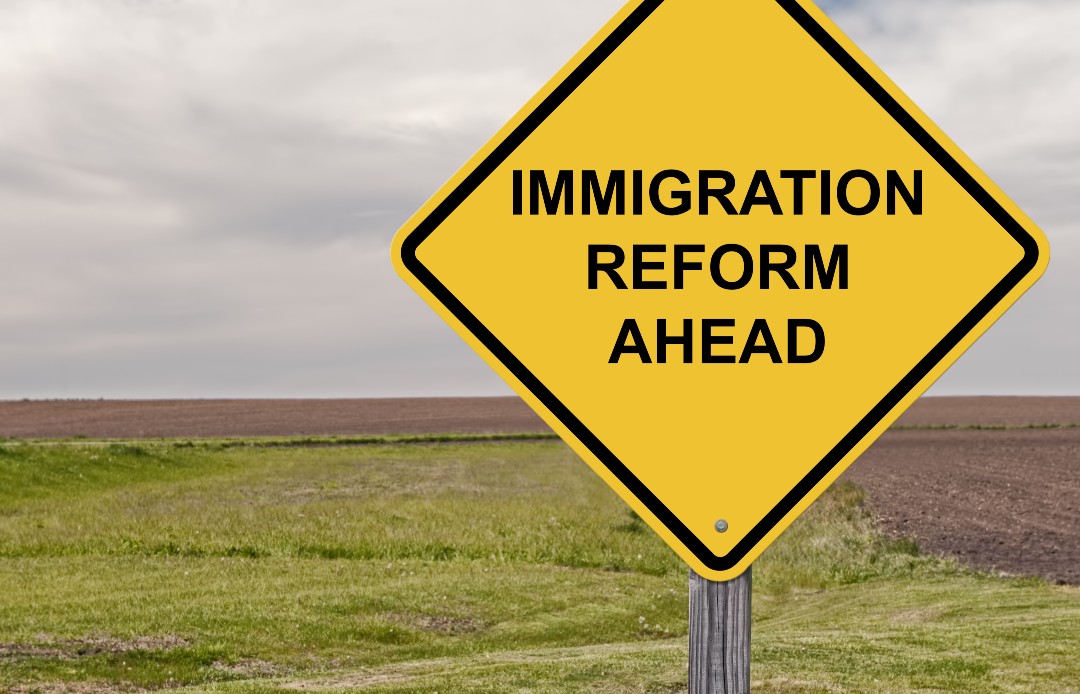The latest developments in professional immigration

Acceleration of the digitization of procedures
As we told you six months ago, the digitization of immigration procedures continues to expand progressively, including the procedures for:
- Change of address and marital status
- Duplicate and receipt
- Naturalization
- DCEM (Document de Circulation pour Etranger Mineur)
This significant trend represents a real opportunity to speed up procedures, for example, by drastically reducing the time limits for procedures:
- For newcomers (previously between two and a half and three months' processing time), now between one and one and a half months' processing time.
- Or for status changes (previously between two and a half and three months processing time), now it takes about ten days!
- Similarly, applications for work permits (which used to take a minimum of two months to process) submitted online will be processed within 15 days at best!
However, our recent experience shows that the platform dedicated to foreigners in France, "ANEF," which has a technical service but is not competent to deal with substantive issues, has significant shortcomings that are being remedied.
Thus, in the event of a problem, it is always necessary to contact the competent Prefecture to obtain answers on complex cases.
With 25 years of experience in the field, our immigration team is at your disposal to use its privileged contacts to unblock the pending cases.
In addition, Decree No. 2021-313 of March 24th, 2021 (Article R431-5 of the CESEDA) sets new rules for the tax stamps required for the various residence permit procedures on the ANEF platform.
Indeed, newcomers submitting their application for a Residence Permit via the ANEF platform will be charged a regularization Tax stamp worth €180 in addition to the standard stamp (€225) if their application for a Permit is submitted more than two months after their entry into the country.
Similarly, foreigners who are already in France and have a residence document must submit their application online between the one hundred and twentieth day and the sixtieth day before the expiry of the residence document. Failure to comply with this time limit will result in the application of the same regularization tax stamp.
Miscellaneous information
The month of October 2021 will see two important changes concerning:
-
Applications for a Brexit residence permit can be made online until October 4th, 2021, when the site will be permanently closed.
British nationals will be required to hold a residence permit from January 1st, 2022, not 1 October 2021 as previously stated.
Source: service-public.fr
- The SMIC will be revalued by 2.2% from October 1st, 2021, and will now be 1589.47 euros gross.
This will impact the salary thresholds provided for in the immigration statutes (notably Passport Talent, calculated on the based on the SMIC).
Our immigration team is at your disposal to implement these changes.
Medium-term prospects
Finally, two recent political decisions allow us to project the evolution of professional immigration in France in the medium term:
The European Parliament has recently adopted a reform of the European Directive on European Blue Cards, which aims to make this status more flexible:
- More flexible admission criteria: a valid employment contract or a firm six-month job offer will be sufficient
- Lowering the minimum wage threshold that applicants must earn to be eligible
- Moving between EU countries will be easier
On the other hand, the French government has decided, in this pre-election year, to reduce the granting of visas from the Maghreb drastically:
- Reduction of the granting rate for visa applications from Algeria by 50%.
- Reduction of the grant rate for visa applications from Morocco by 50%.
- Reduction of the granting rate for visa applications from Tunisia by 30%.
Although the government has not yet specified whether this decision would apply uniformly to applications - the vast majority of which are for family reunification and professional immigration status - it is to be feared that the latter category of applications from these countries will become more complex.

